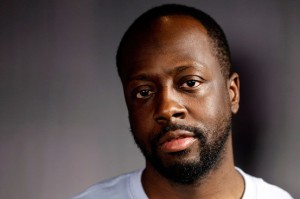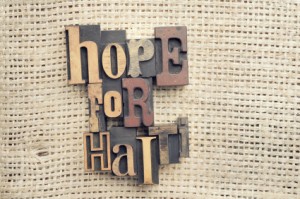I have learned a lot over the past 7 months. The lesson that sticks out the most coincides with the name of this blog – that wanting to “do good” is not enough. Good intentions can only solve a problem to some degree. We need to develop sustainable solutions to efficiently make things better.
I was reminded of how good intentions can go awry when I read a story about Wyclef Jean’s charity Yele Haiti. Apparently, less than 1/3rd of the $16 million gathered for earthquake relief in Haiti actually reached the country. Among other supposed shenanigans, the charity paid $1 million to a nonexistent firm in Florida, over $300,000 to Jean’s brother-in-law’s construction company, and $250,000 to a Haitian TV station controlled by Jean.
earthquake relief in Haiti actually reached the country. Among other supposed shenanigans, the charity paid $1 million to a nonexistent firm in Florida, over $300,000 to Jean’s brother-in-law’s construction company, and $250,000 to a Haitian TV station controlled by Jean.
Amidst accusations, Jean released a statement in which he reaffirmed his commitment to serve Haitian people. He also criticized the article accusing him as being “misleading, deceptive, and incomplete.” Jean pointed out that the damage and requirement for humanitarian aid in Haiti was unprecedented following the earthquake and that the lack of infrastructure made it expensive to serve. His organization still managed to help over 250,000 people and provide 100,000 meals.
It is difficult to say who is being truthful in this situation. The charity’s nepotistic spending is very suspicious if not damning, but as Jean said, the situation in Haiti is very complicated, and his organization probably has done a lot of good.
But lets take a further look at his self-proclaimed accomplishments. He gave Haitians individual meals, but does this actually address the crisis as a true social change agent? Jean is obviously a very notable and influential figure. Because of his notoriety, he was able to raise $16 million. Even if he didn’t waste the money with shady, selfish contracts, I question how much good his organization was actually doing. Spending $1 million to delve out 100,000 meals is simply not efficient. It does not provide sustainable or long-lasting change.
In fairness, his task was difficult. While Jean, as a Hatian American, has a vested  interest in the recovery process, he has not lived there in a long time and probably does not understand all the ins and outs of the country. There are plenty of local organizations doing a lot of good in Haiti. These organizations understand the needs of their people. Unfortunately, so many people want to have a hands-on role in their efforts to help communities. This desire often supersedes actual ability to do good. Perhaps if people like Jean were more concerned with the overall lasting change on the social issues rather than feeling the need to play a controlling role in creating social good, charity work would be more efficient. If Jean used his time, fame, and clout to connect local organizations to big donors, we could very possibly see more rapid improvements.
interest in the recovery process, he has not lived there in a long time and probably does not understand all the ins and outs of the country. There are plenty of local organizations doing a lot of good in Haiti. These organizations understand the needs of their people. Unfortunately, so many people want to have a hands-on role in their efforts to help communities. This desire often supersedes actual ability to do good. Perhaps if people like Jean were more concerned with the overall lasting change on the social issues rather than feeling the need to play a controlling role in creating social good, charity work would be more efficient. If Jean used his time, fame, and clout to connect local organizations to big donors, we could very possibly see more rapid improvements.
Jean might be well intentioned and running a great charity. He might be doing a poor job running his charity in spite of good intentions. He might even just have bad intentions and be using his charity for ulterior and selfish motives. I do not know the facts that would allow me to make an accurate judgment. However, this news story reminds me of how important it is for philanthropists to be careful when they make donations. Nobody wants to spend millions of dollars for a good cause and find out that the money has been squandered.
Edmund Burke once said:
“”The only thing necessary for the triumph of evil is for good men to do nothing.”
This result is tragic, but it’s even worse if good men attempt to do something, but their efforts go to waste. Those of you with the funds and willingness to donate, make sure you take the extra couple of minutes to make sure the strategy or charity you are donating to will use your contribution appropriately.


